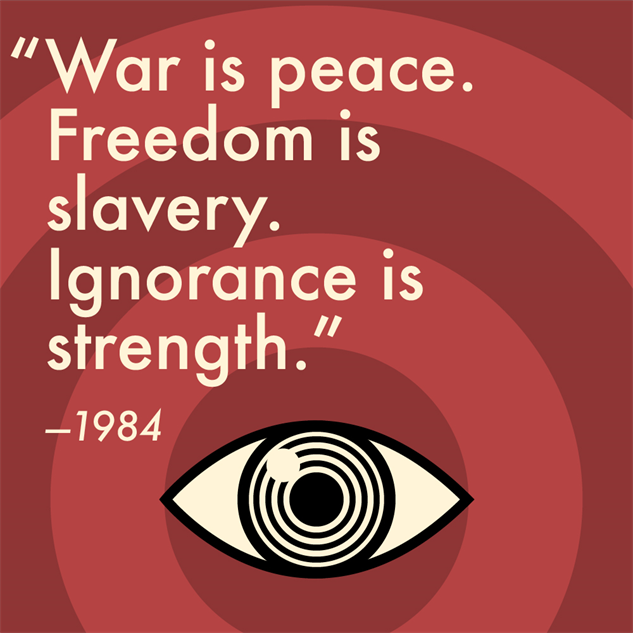The Sleeping Church.
As I observe what is happening around us socially and politically, I see a culture that has abandoned God and has drifted into the high seas of moral relativism. My take on our culture is that we have lost our moorings, and our moral foundation has crumbled. It is a scary thing to be adrift without a sail. We as a society are drifting along the dark seas without a sail or compass.
How did we get here? And what are the consequences? As I read the first chapter of the book of Romans, three times the Apostle Paul uses the term "God gave them up." For any society or kingdom the road to destruction is always the same; ruin comes slowly and gradually. When society moves away from the rule of law, when society moves away from God as the sovereign King, that society starts a downward spiral and drift into the black hole of corruption.
From a theological perspective when God gives an individual or society over to their own ways it is an indictment of God's ultimate wrath...it is the surest sign that God has turned His back and removed His restraining grace which allows for evil and depravity to run rampant.
How did we get to where we are at? That question can't be answered with one answer, but I’ll provide at least one answer that I believe is undeniable. The Church of Jesus Christ went to sleep, and as she was sleeping the Prince of the power of the air was busy doing his work.
While the Church was asleep, the ungodly, the secularist, the depraved mind of man was busy implementing his poisonous world view that has permeated all of our society. Whenever the Church of Jesus Christ pulls out of society and ceases to be light and salt there is left a moral vacuum which will always be filled with secular, humanistic, and Godless thought.
It would be an interesting study to look at all of the reasons why the Church withdrew and became non-reactive to societal issues and ideologies. It would be an interesting study to look at how and why the church became in some respects relativistic and accommodating to the culture...to the point that there was not much difference between the church and the secular culture.
But I think that we can all agree to some extant that the church did withdraw from society in the early part of the twentieth-century, and the results have been devastating.
Whenever the Church starts to be a voice again, and starts to proclaim absolute truth again, she can then expect to be derided and told to go back inside the walls of her buildings...the culture says, "you can be a church just keep your religious stuff private...don't bring it out in the public square.
The answer must be that the church wakes out of her slumber. The church must start to become what she was called to be: light, salt, ambassadors for Christ, healers, ministers of grace, and boldly proclaim the gospel to a dark and sinful culture.
Wherefore `he' saith, Awake, thou that sleepest, and arise from the dead, and Christ shall shine upon thee Ephesians 5:14.





